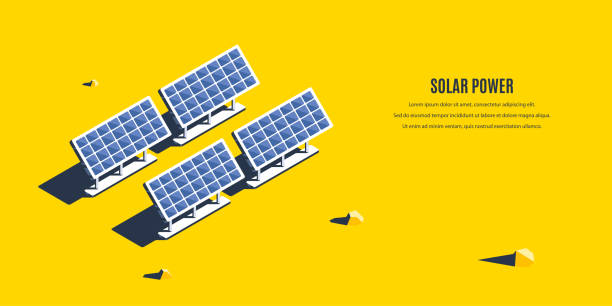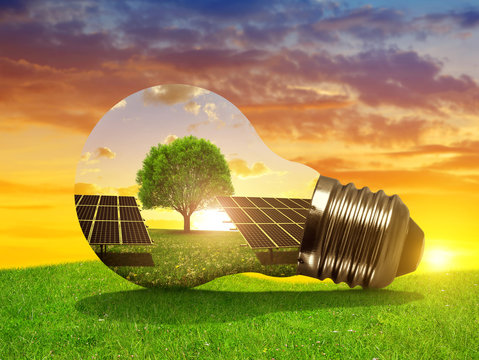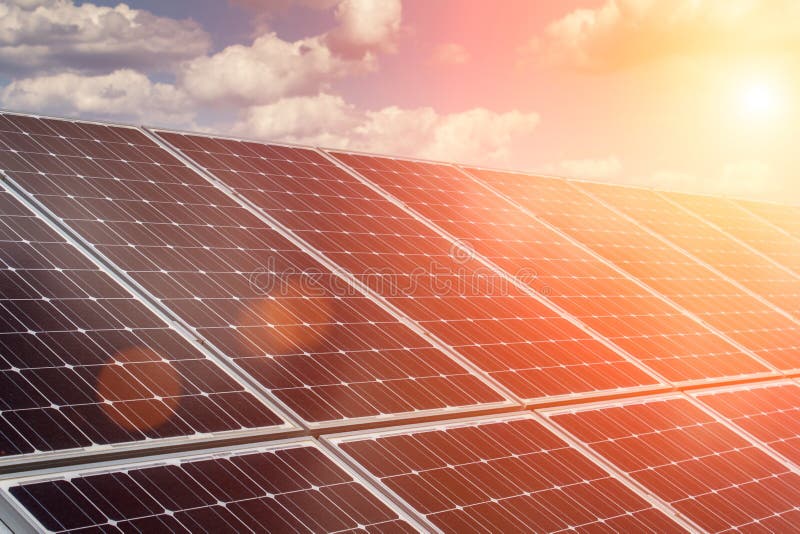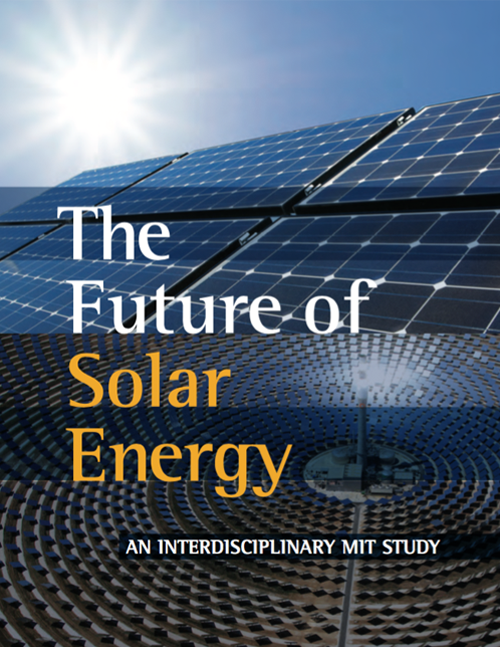7 Key Benefits of Solar Energy Systems
- Reduce Electricity Bills - Save 50-90% on monthly energy costs
- Increase Property Value - Homes with solar panels sell for 4% more on average
- Environmental Impact - Reduce carbon footprint by 3-4 tons of CO2 annually
- Energy Independence - Generate your own clean, renewable power
- Low Maintenance - Solar systems require minimal upkeep for 25+ years
- Government Incentives - Federal tax credits and local rebates available
- Grid Stability - Reduce strain on electrical grid during peak hours
Solar energy systems provide immediate and long-term benefits for homeowners and businesses. With advancing technology and decreasing costs, solar power has become more accessible than ever before.




